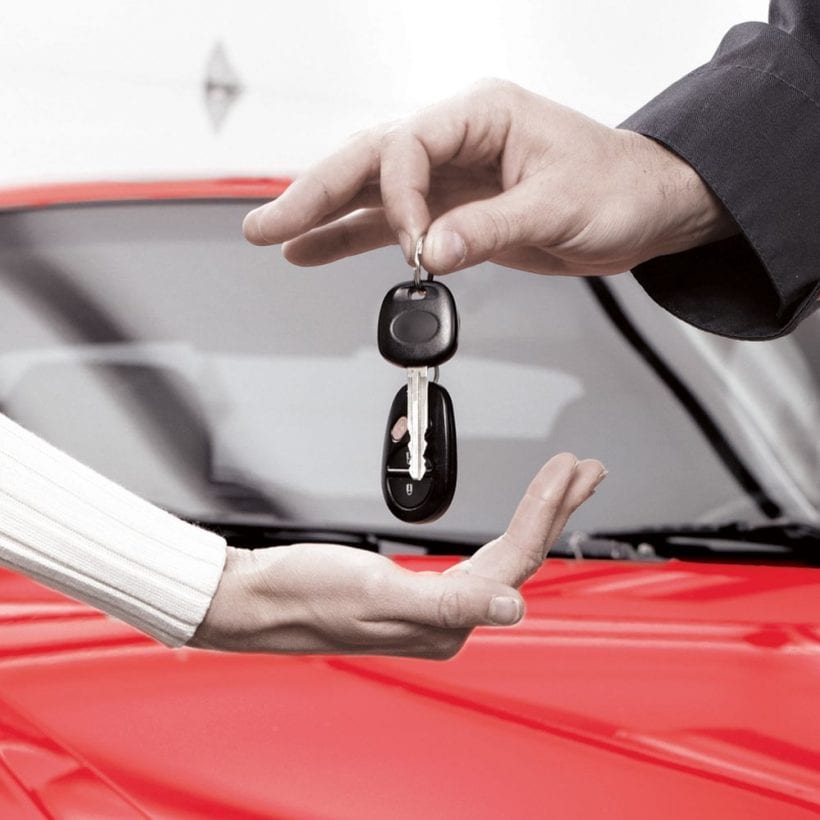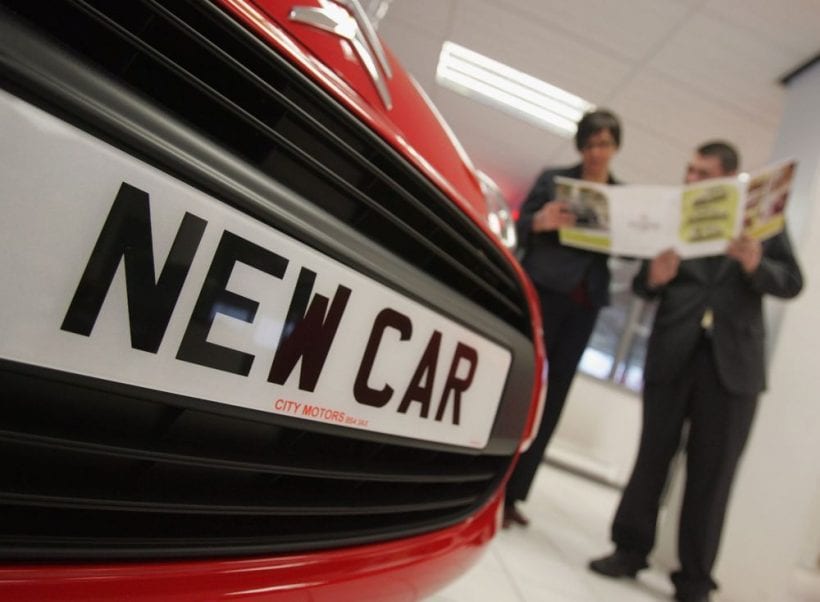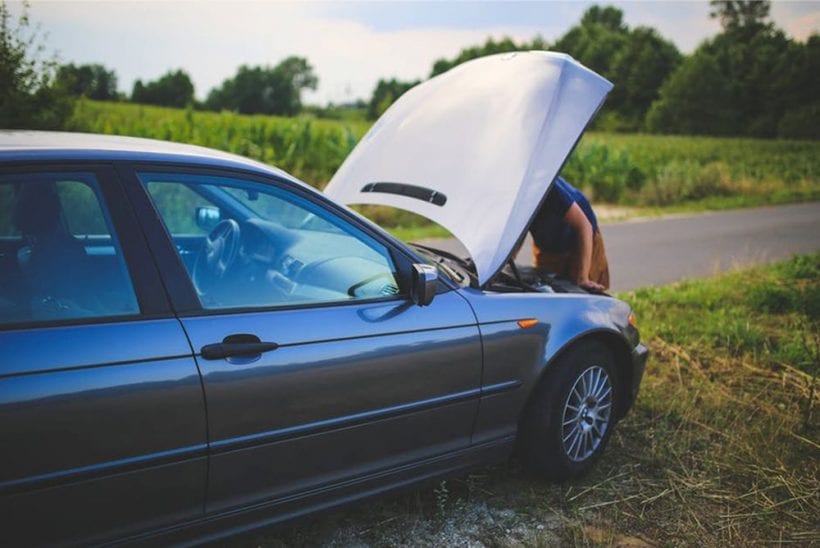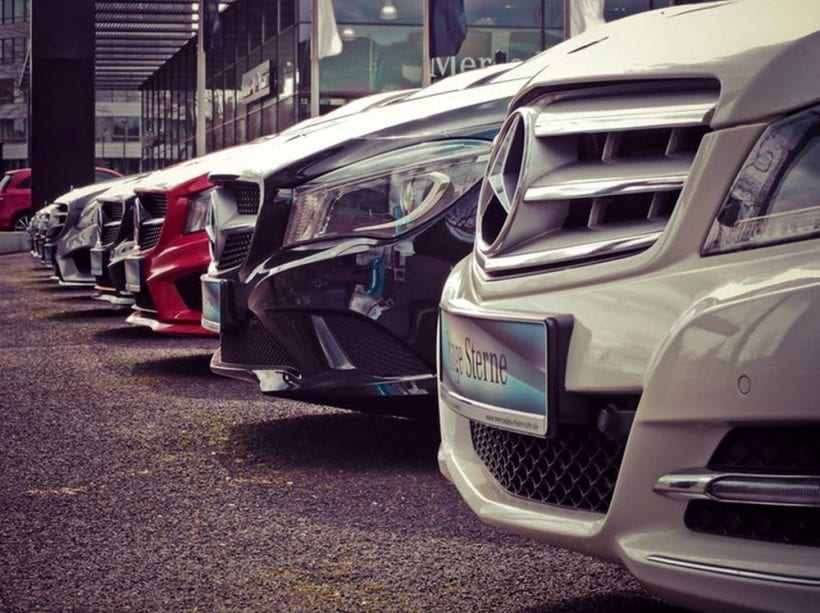The day it happens starts like any other weekday. You wake up late, rush through a shower, and throw on a pair of work pants that (hopefully) match your shirt before you’re out the door, briefcase in one hand and coffee thermos in the other. Jumping into your car, you expect to turn over the engine and back out of your driveway to start your morning commute. Only, the motor won’t start when you turn the key. Not only are you going to be late for work, but now you’re in the hole for a new car.
A new car is a big investment, and it can be costly if you don’t do your research properly. You can keep your cost low by checking in with these three tips.
1. Research, research, research
When you’re on a budget, you don’t have the luxury to ‘wing’ this kind of purchase. You need to investigate the types of vehicles that are available to see which one fits your driving needs and finances the best. Doing this now before you arrive at a dealership allows you to research in peace without feeling pressured by a salesperson who works on commission. You’ll be able to take your time reviewing specs and comparing them to other cars.
You should be thinking about your preferences in terms of speed, gas mileage, safety tests, size, and brand. If a car is just something that you drive (i.e., you aren’t a gearhead who cares about brand names), then you have your work cut out for you. You might not even know where to start.
The people at Newsday have taken pity on drivers like you. They’ve created a quick quiz to help you narrow down a vehicle for your needs. Your result is a stepping stone for your research; you can start by looking up what you ‘earned’ in the quiz and branching out by investigating similar makes. Alternatively, you can use the brainstorming advice in Time’s What Kind of Car Should I Buy? to help you narrow down your choices.
2. Consider your financing
A car loan, car lease, line of credit, or personal loan — there are a lot of financial services that can help you cover life’s larger expenses, but it can be a challenge to figure out which one is right for you.
Some people rely on credit or online loans to help boost their budget. Most payday lenders will tell their customers that these cash advances are reserved for small-dollar, short-term emergencies — not an excuse to include a few upgrades to your vehicle.
A company like MoneyKey, a payday loan direct lender in many of the states they lend in, makes it simple for its borrowers to understand when and how an online loan should be used. You can learn more about the benefits of payday loans the next time you face a momentary emergency like a small bill you can’t afford between paydays.
In most cases, a car lease comes with lower monthly payments than financing the vehicle through a car loan. A lease is typically lower because your payments only cover the depreciation value over the terms of the lease, plus things like rent charges, interest, and taxes. A car’s value decreases as soon as you drive it off the lot, dropping around 10 percent the minute it’s on the road. And it doesn’t end there. A new vehicle will lose between 15–25 percent every year. The monthly payments for a car loan are adjusted for the total price of the vehicle. Since you’re paying for the entire value of the car, it winds up being more expensive month to month.
Though the cheaper route, leasing means you’ll never own the car like you would at the end of a car loan. Once the terms end, you have to return the vehicle—which is something that could affect your decision.
3. Think about buying used
After scouring the web for the cheapest car possible and considering your payment options, you may find your budget still can’t take on a brand new car. In that case, buying a used car is a financially smart decision. The second-hand market for cars is a lot less expensive — even if they’re relatively new and in good condition. You’ll also side-step the issue of depreciation that comes with buying a new vehicle.

Don’t forget that a used car is cheaper because someone else put miles on it. You want it to drive smoothly for years to come, not break down a few months after you take possession. To prevent this from happening, you need to thoroughly check the condition of a second-hand car before you buy it. If you decide to buy used, read up on this guide so you know what to look out for in a used car.
Buying a new car when you aren’t prepared for this purchase can be a daunting challenge. If you’re low on cash, it may seem impossible, but there’s always a solution. Whether it’s choosing a specific financing route or opting for a used car, there are ways to make your big purchase easier on your budget. All it takes is a little research to figure out which one will help you get four wheels underneath you again. As for arriving to work on time. Well, that’s between you and your snooze button.



